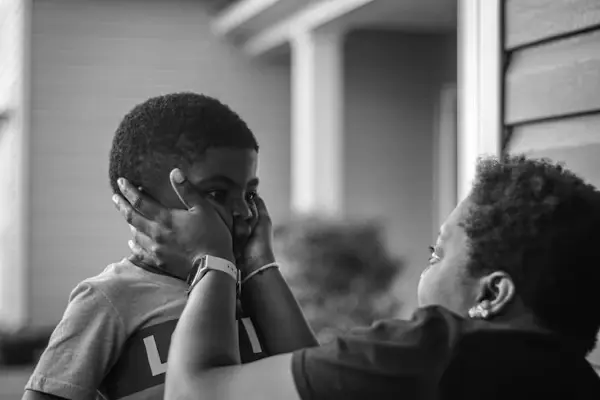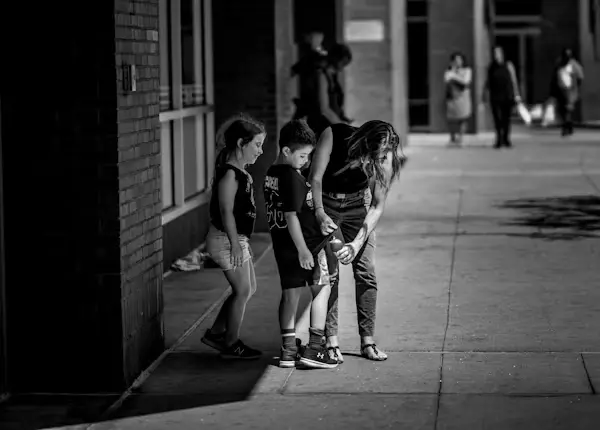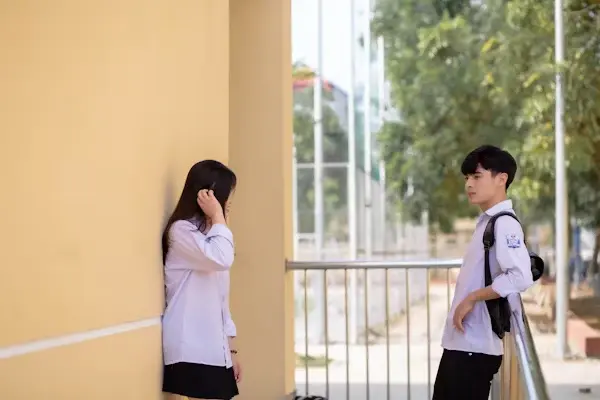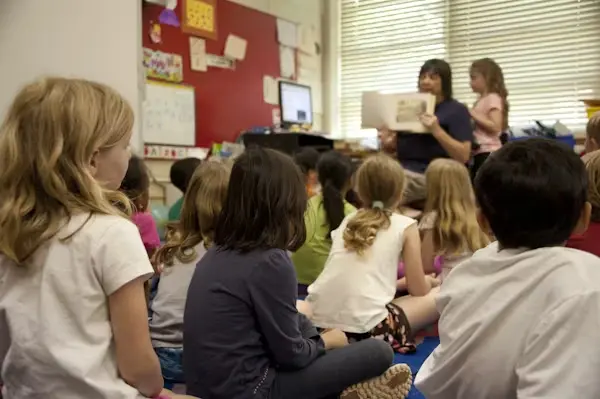Not everything that is hurt in childhood appears. While the black eye or skinned knee might be noticed and bandaged with a quick Band-Aid, the pain that occurs in the school cafeteria, through subtle gossip in the corridors, or through a snubbing status on social media might leave more persistent and lingering marks. This is relational aggression—a subtle but hurtful kind of bullying that uses relationships as ammunition.
Fists give way to social isolation, rumors, and emotional coercion. All too often, it has been dismissed as "drama" or a rite of passage. But teachers know better these days—treat it as the serious issue it is, one that devastates school climate and causes profound harm to students' mental well-being.
Its resolution requires something in excess of a punitive action; it will need an active, whole-school strategy that teaches empathy, skills, and fosters a culture of genuine respect and acceptance.
This article explores how educators can address and prevent relational aggression in schools.

1. Understanding the Signs of Relational Aggression
Before teachers can intervene, they need to be able to recognize relational aggression in all its guises. Unlike physical bullying, which is overt and unavoidable, relational aggression is hidden and most likely subliminal to adults.
It can occur in various forms, such as a student being deliberately excluded from sitting with friends at a lunch table, being excluded from a group message, or not being invited to a party. It can also take the form of spreading a malicious rumor to damage a person's reputation or cutting off communication to shun and punish a friend.
Now, in the era of technology, this act of relational aggression has received a virulent shot in social media, where a single click can ostracize a classmate from the entire student community. Since it's so difficult to prove, victims simply keep quiet about it, and abusers can conveniently deny their intentions.
Becoming aware of these patterns of relational aggression is the first step every educator should undertake to make the social atmosphere of the classroom and school environment a healthier place.
The antidote to relational aggression is a sound school culture that not only teaches empathy and inclusivity but also practices it, deeply rooted in the school's way of life. Prevention is always better than intervention, and it begins in the classroom.
Social-Emotional Learning (SEL) programs are at the forefront of this effort, with a dedicated curriculum that teaches students key skills such as perspective-taking, emotion regulation, and appreciation of differences.
These themes can also be incorporated into teachers' lesson plans in the classroom, such as studying friendship and betrayal through literature or exploring the impact of exclusion through history. Minor alterations in the format, such as intentionally creating mixed groups to complete tasks, can also disrupt the cliques.

2. Training Conflict Resolution and Communication Skills
Relational aggression often flourishes in environments where communication skills are weak. Students frequently employ indirect strategies, such as gossiping or excluding others, because they lack training in addressing conflict through open and positive language.
Teachers, therefore, must instruct students explicitly on the skills they need to employ to resolve social disputes. They do so through role-playing daily scenarios, allowing students to learn to use "I-statements" in expressing emotions without accusing others .
Active listening is also essential, so that students learn to allow a person to finish speaking before they answer. A straightforward, non-punitive reporting procedure for addressing conflict also teaches students how to seek help from an adult in a manner that frames the action as not "tattling" but as a responsible solution to a problem.

3. Having Clear Policies and Consistent Consequences
A school will need to have a clear intervention plan in place for when and if relational aggression occurs. That this form of bullying is clearly defined and named in the school code of conduct and anti-bullying policy is significant.
Naming the behavior is one way to validate the victims' experience and to signal to the whole community that it is being taken seriously. Restorative sanctions must follow punishments, however. Instead of simply holding a student after school, a restorative response attempts to make things right that have been done. This can take the form of a mediated conversation in which the perpetrator is made to listen to the impact of their actions, a written apology statement, or something that requires trust to be regained within the peer group.
The key to success is consistency; if the rules are consistently and reliably enforced every single time, the students will understand that relational aggression is not tolerated.

Conclusion
It's an ongoing schoolwork to develop a school culture without the poison of relational aggression. It requires teachers to be keen observers, positive culture builders, and compassionate instructors of essential life skills.
Avoiding these not-so-evident cruelties is a disservice to both the bullies and the victims. It is also a disservice to bystanders because it teaches them that indifference will do. It is also a disservice to the bullies, as it does not teach them better ways of interacting.
By re-weighting the focus purposely away from punishment and towards learning, and away from exclusion and towards inclusion, teachers can redirect their schools towards becoming communities in which social capital is acquired through respect and sensitivity. They can guarantee that every student feels valued, visible, and safe, thereby empowering them to build healthy, supportive relationships that will last a lifetime.
How Educators Can Address And Prevent Relational Aggression In Schools?